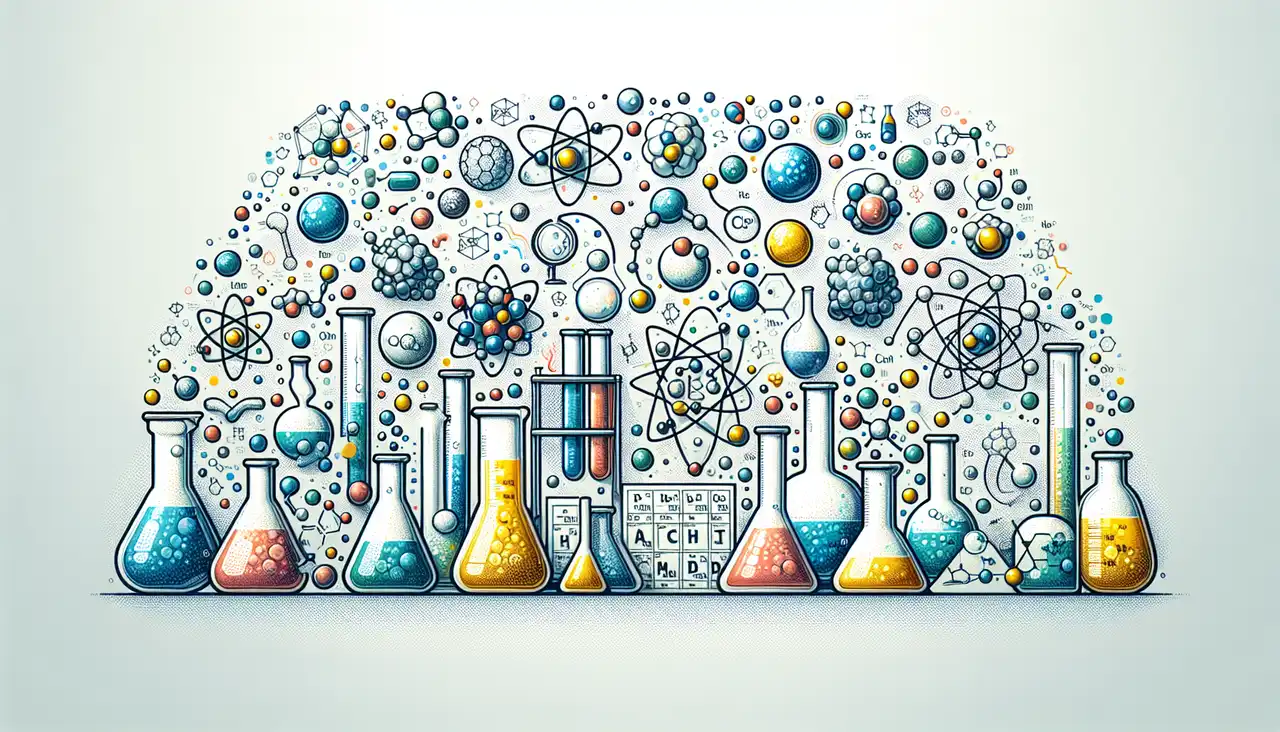

Jim Devery
Pioneering solutions for emerging issues in chemical synthesis, Jim Devery is an Associate Professor of Chemistry and Biochemistry at Loyola University Chicago. With a robust academic foundation, Jim earned his Bachelor's of Science in chemistry from Lehigh University. His passion for research led him to further his studies at Boston University and the University of Michigan, where he honed his expertise in organic chemistry. Since joining Loyola University in 2015, Jim has been at the forefront of innovative research, particularly in the field of Ce(IV)-mediated oxidative coupling reactions. His work extends to the visible-light-mediated hydrodebromination of alkyl and aryl bromides, contributing significantly to advancements in sustainable chemical processes. His research not only pushes the boundaries of traditional chemistry but also opens new pathways for environmentally friendly synthesis methods. In recognition of his contributions to the field and his dedication to academia, Jim was granted tenure and promoted to Associate Professor in 2021. His leadership skills and commitment to the academic community were further acknowledged when he was elected Chair of Loyolaâs Faculty Council in 2022. In this role, he advocates for faculty interests and fosters a collaborative environment for academic growth and innovation. Jim's work is characterized by a deep commitment to addressing complex chemical challenges with practical and sustainable solutions. His research has been published in numerous prestigious journals, and he is a sought-after speaker at international conferences. Through his teaching and mentorship, Jim inspires the next generation of chemists to pursue excellence and innovation in their own research endeavors. Outside the laboratory, Jim is actively involved in various professional organizations, where he collaborates with fellow researchers to advance the field of chemistry. His dedication to both his students and his research continues to make a lasting impact on the scientific community and beyond.